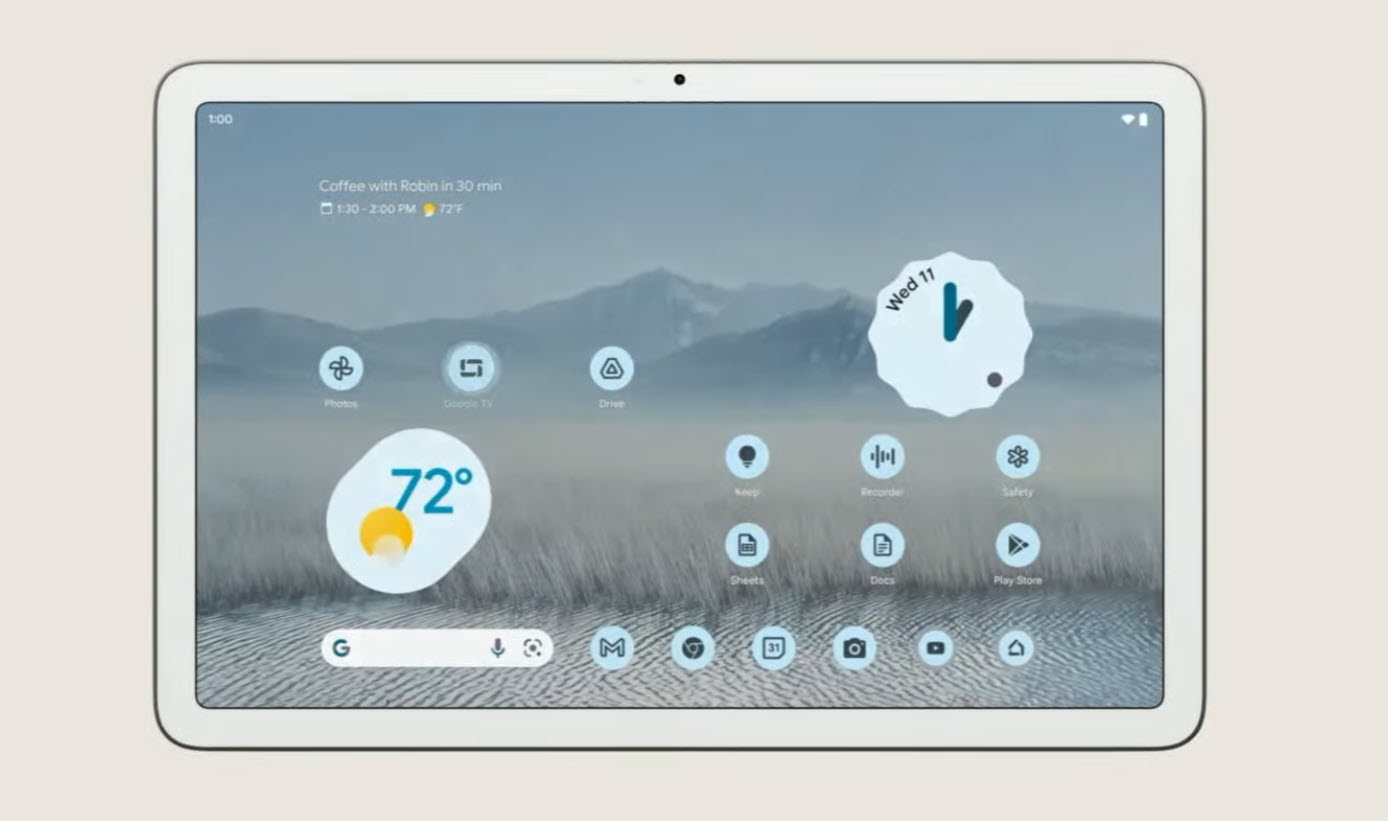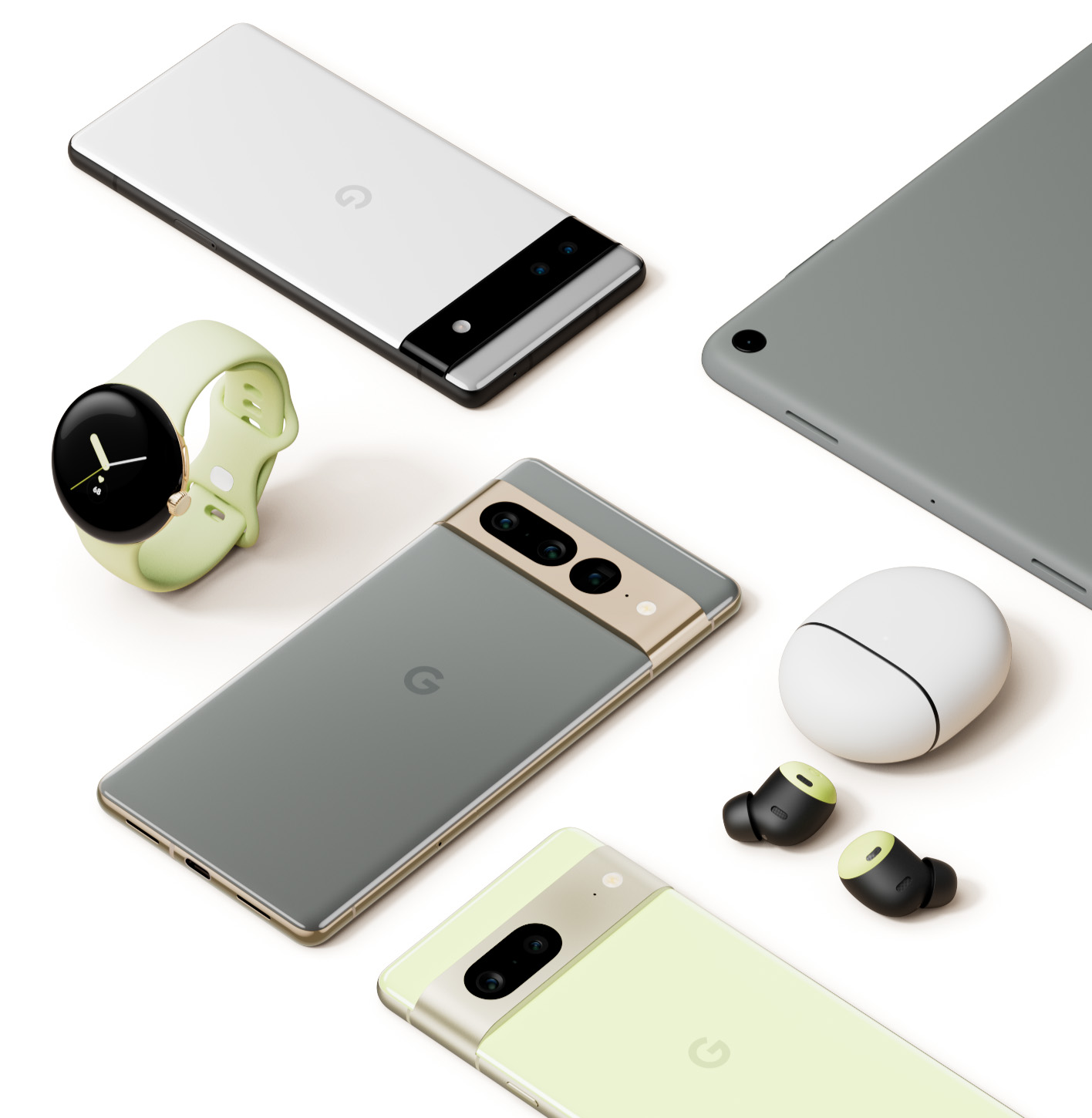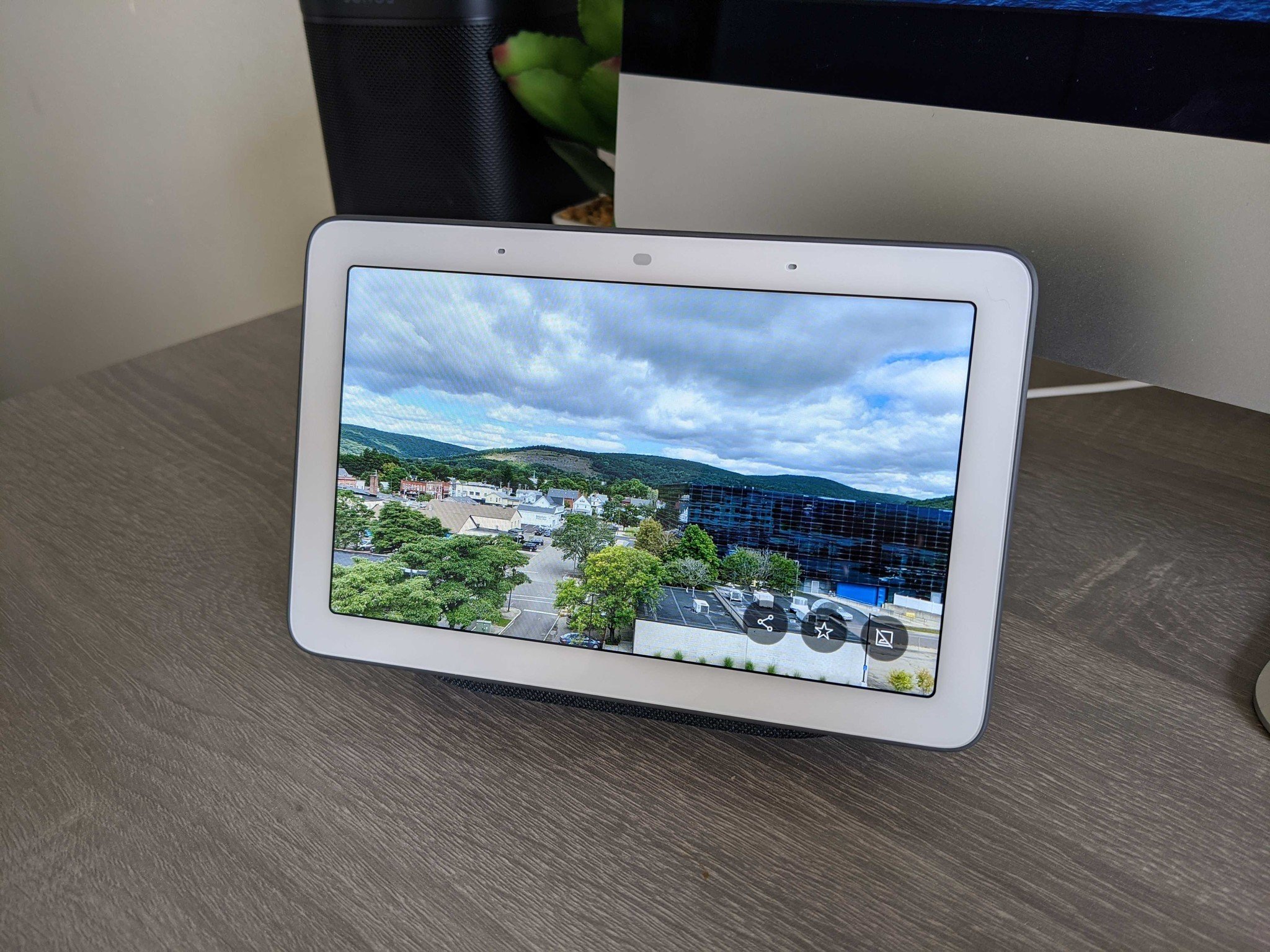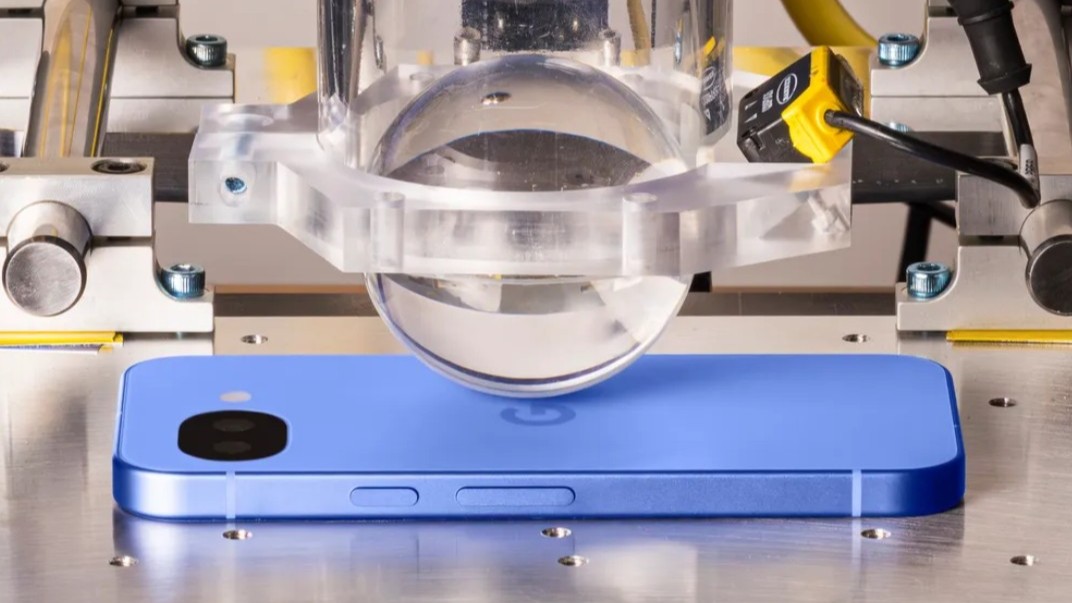From the Editor's Desk: Making sense of the Google Pixel Tablet
Just another Android tablet? Not so fast.

Get the latest news from Android Central, your trusted companion in the world of Android
You are now subscribed
Your newsletter sign-up was successful
Last week's Google I/O keynote was perhaps the most gadget-heavy Google presentation we've seen in almost a decade. Google's developer conference has often hosted consumer hardware launches, but between the Pixel 6a, Pixel Buds, Pixel 7 series, and Pixel Watch, this keynote felt like it was aimed at Pixel fans just as much as software engineers. And far from being devices you'll actually be able to buy soon, many of Google's new gadgets won't be available for several more months.
Most curious of all is the device we've come to call the Google Pixel Tablet. Google hasn't officially named this new slate just yet, instead calling it simply "our Android tablet." Thanks to renders revealed on-stage, we know more or less what it'll look like, and that it'll use a Google Tensor processor — although it's unclear whether this will be the current, first-gen Tensor from the Pixel 6, or the second-gen SoC that's headed to the Pixel 7 series.
And we also have an outstandingly vague launch window of "2023," raising the prospect that a whole year — or perhaps even longer — could elapse between now and the time we're actually able to buy Google's first Android tablet since 2015. It's pretty odd for a product to be pre-announced in this way, especially when the lead time is so long, and especially when the thing itself seems spectacularly unremarkable.
Some Google watchers are stoked. Others not so much.
Appearance-wise, the Pixel tablet is about as generic as you could imagine. This doesn't look like a device to challenge the best Android tablets. There are large bezels that wouldn't look out of place on a slate from half a decade ago. A single rear camera protrudes from the back panel, which appears to have a Pixel 5-like plastic coating. In fact, the entire thing looks like someone just grabbed a Pixel 5 and stretched it out into a widescreen tablet form factor. There's a power button, volume controls, and a big G on the back. It looks almost deliberately unremarkable.
So it's hard not to look at a tablet like this and wonder what the point is — both in Google announcing this thing in mid-2022 and it existing to begin with. Neither the company nor Android itself has a stellar track record when it comes to tablets, and the Pixel tablet looks very much like just another Android tablet.

There are reasons to suspect this tablet might be different, though, and more commercially successful than flops like the Nexus 9 and Pixel C. Firstly, Google's decision to show the Pixel tablet for the first time at I/O is a statement of intent around the future of Android tablets. For the past several months, leading up to the launch of Android 12L, Google has insisted that it's serious about Android on big screens. Many of us have assumed, however, that any benefits for Android on tablets will merely be a side effect of Google chasing the foldable market. Announcing an "Android tablet" now is Google, to an extent, putting its money where its mouth is. (Though let's face it, the launch of a single tablet a year from now is a pretty low-stakes bet.)
Get the latest news from Android Central, your trusted companion in the world of Android
But there's also the strong possibility that this will be more than just a Pixel-branded Android tablet designed to do typical tablet things. The design of the slate is arguably closer to Google's Nest line of smart home products than its Pixel smartphones — the bright white front face matches right up with the current Nest Hub Max. And you could easily imagine this docking into a speaker base to charge or
Which is why a lot of smart people are thinking this is actually a Nest product — to be specific, the rumored detachable Nest Hub reported by 9to5Google back in March.
"According to a source that has proven familiar with Google’s plans, the next Nest Smart Display will have a removable screen that can be used as a tablet. It attaches to the base/speaker for a more conventional-looking smart home device."

According to that report, this detachable, dockable Nest Hub was set to break cover in 2022. However, it's easy to see how such a complex project could have slipped to next year — whether due to supply chain issues or engineering challenges.
Google has been adding more tablet-style UI elements to smart displays over the past year, so a full-on Nest Tablet capable of pulling double duty as a smart display would make a lot of sense for the Google ecosystem. The larger display of the "Pixel Tablet" suggests it's designed mainly with home use in mind, and there are no signs of any cellular capabilities in the renders shown at I/O. The neutrality of the design is also in keeping with Google's smart home portfolio.
This could be a tablet intended to move around your home, perhaps docking in your kitchen or living room, potentially used by multiple people in your household. It'd be more of an Echo Show rival than an iPad competitor — I don't think we're ever going to see a keyboard dock for this product, for instance. That said, the tablet features first introduced in Android 12L could make Google's new tablet a more capable all-around computer than Amazon's offering.
There's plenty of time left to ponder Google's Pixel tablet (or Nest tablet) in the run-up to its eventual launch. But so far, despite an apparently pedestrian design, there's every chance Google could surprise us with a unique take on the tablet form factor.

Alex was with Android Central for over a decade, producing written and video content for the site, and served as global Executive Editor from 2016 to 2022.
